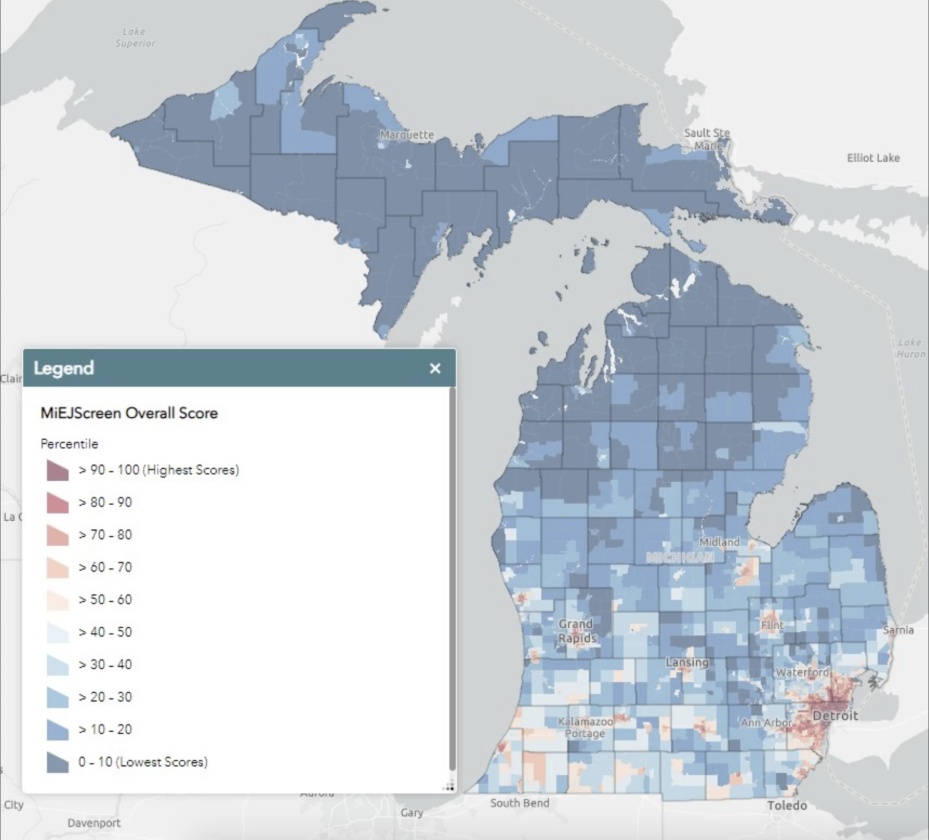Green Deception? Shocking Research Reveals Dark Side of Plant-Based Meat Alternatives
Environment
2025-04-23 17:00:00Content

Plant-based meat alternatives like Impossible and Beyond Burgers are taking the culinary world by storm, but their environmental impact might not be as green as consumers believe. Ashley Case, an environmental science lecturer at UNC Asheville, offers a critical perspective on these trendy meat substitutes.
"When you examine the ingredient list, it's eye-opening," Case explains. "These products often contain around 30 ingredients, each processed in different factories potentially scattered across the globe." This complex manufacturing process raises significant questions about the true sustainability of plant-based meat alternatives.
While marketed as an eco-friendly solution, these processed products may actually contribute more to carbon emissions than consumers realize. The extensive supply chain, multiple ingredient sourcing, and intensive manufacturing processes can offset the potential environmental benefits these brands claim to offer.
As the plant-based meat market continues to grow, consumers are encouraged to look beyond the marketing and consider the complete environmental footprint of their food choices. Understanding the intricate journey of these alternative proteins is crucial for making truly sustainable dietary decisions.
The Hidden Environmental Cost of Plant-Based Meat Alternatives: A Deep Dive into Sustainable Consumption
In an era of increasing environmental consciousness, consumers are increasingly turning to alternative protein sources, seeking sustainable solutions to traditional meat consumption. However, beneath the surface of seemingly eco-friendly plant-based meat alternatives lies a complex web of environmental challenges that demand critical examination and thoughtful consideration.Unmasking the Ecological Footprint of Processed Plant Proteins
The Global Supply Chain Complexity
The intricate journey of plant-based meat alternatives begins far beyond the sleek packaging and marketing promises. Each product represents a global symphony of ingredients, sourced from diverse agricultural regions across continents. Sophisticated manufacturing processes transform raw plant materials into convincing meat substitutes, involving extensive transportation, processing, and energy-intensive production methods. Experts in environmental science have begun to scrutinize the true ecological impact of these seemingly sustainable alternatives. The manufacturing process involves multiple stages of transformation, each contributing to a substantial carbon footprint that often goes unnoticed by well-intentioned consumers seeking environmentally responsible nutrition.Ingredient Sourcing and Environmental Implications
The procurement of ingredients for plant-based meat alternatives involves a complex global network of agricultural production. Soybeans might originate from Brazilian farmlands, pea proteins from Canadian prairies, and coconut oils from Southeast Asian plantations. Each ingredient's journey represents a significant environmental investment, consuming substantial water resources, agricultural land, and generating considerable greenhouse gas emissions. Modern plant-based meat production requires extensive processing, involving chemical extractions, protein isolations, and texture modifications. These sophisticated techniques demand significant energy inputs and generate substantial industrial waste, challenging the perceived environmental superiority of these products.Nutritional and Environmental Trade-offs
While plant-based meat alternatives promise reduced animal agriculture impacts, they introduce their own set of environmental challenges. The extensive processing required to transform plant proteins into meat-like textures involves multiple chemical interventions and energy-intensive procedures. Nutritionists and environmental researchers argue that whole, minimally processed plant foods might offer more sustainable nutritional alternatives. The complex ingredient lists of many plant-based meat products often include numerous stabilizers, emulsifiers, and artificial additives, further complicating their environmental credentials.Technological Innovation and Sustainable Solutions
The plant-based meat industry stands at a critical juncture, requiring significant technological innovations to address its environmental limitations. Emerging research focuses on developing more efficient production methods, exploring localized ingredient sourcing, and reducing overall processing complexity. Cutting-edge biotechnology and agricultural science are exploring novel approaches to create more sustainable protein alternatives. These include precision fermentation, cellular agriculture, and advanced plant breeding techniques that could revolutionize alternative protein production.Consumer Awareness and Responsible Choices
Empowering consumers with comprehensive understanding becomes crucial in navigating the complex landscape of sustainable nutrition. Transparent labeling, detailed environmental impact assessments, and educational initiatives can help individuals make more informed dietary choices. The future of sustainable protein consumption lies not in blanket solutions but in nuanced, context-specific approaches that consider local agricultural capabilities, nutritional requirements, and environmental constraints.RELATED NEWS
Environment

Green Procurement Showdown: Suisun City Council Weighs Landmark PLA Amendment
2025-05-05 12:00:00
Environment
Digital Resurrection: How Activists Are Rescuing Climate Data Erased During Trump Era
2025-03-06 09:00:00
Environment

Green Laws Stand Firm: Environmental Safeguards Survive Trump's Energy Crisis Decree
2025-03-17 06:03:24





